Find Help
More Items From Ergsy search
-
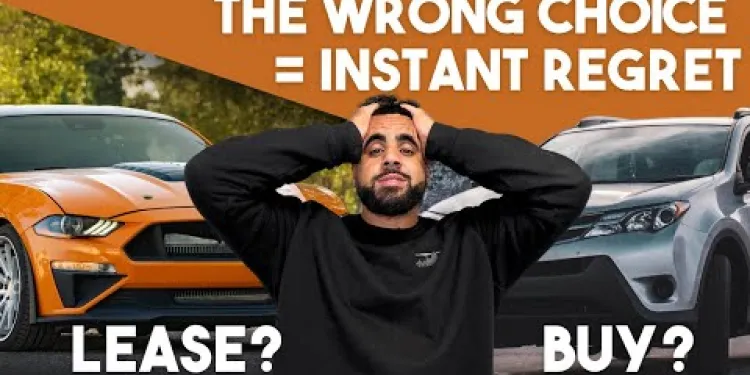
Leasing VS Buying a Car: Watch this before you buy a car and make the wrong choice!
Relevance: 100%
-
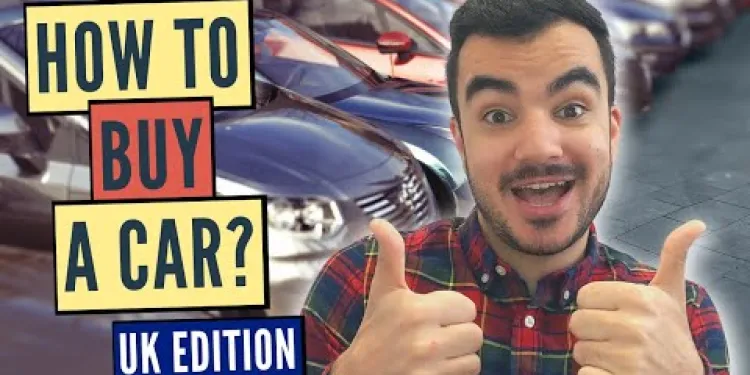
How to Buy a Car UK | Pros and Cons | PCP vs HP vs Leasing
Relevance: 92%
-
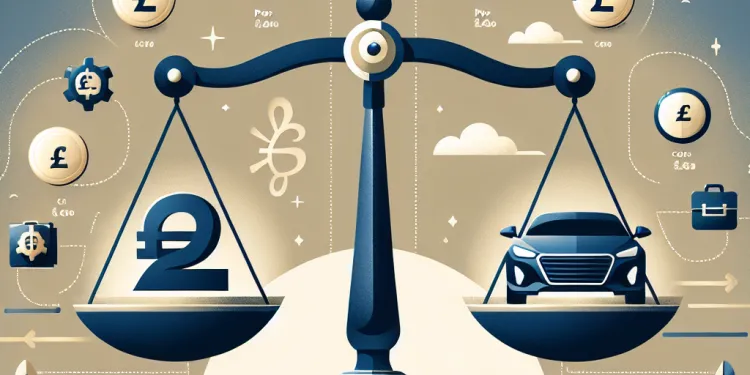
What are the pros and cons of leasing a car?
Relevance: 83%
-
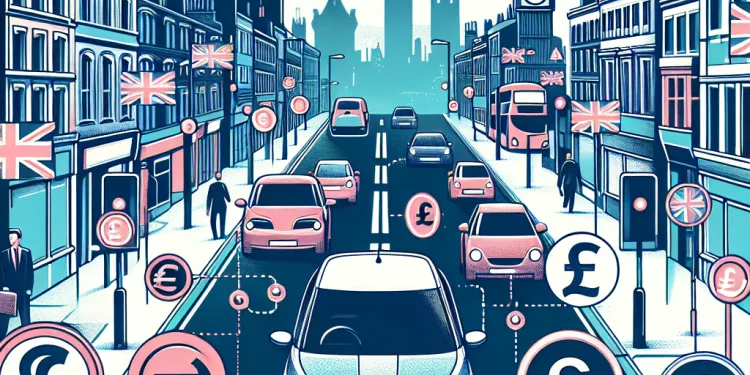
What does leasing a car entail in the UK?
Relevance: 75%
-

How does leasing compare financially to financing a car?
Relevance: 72%
-
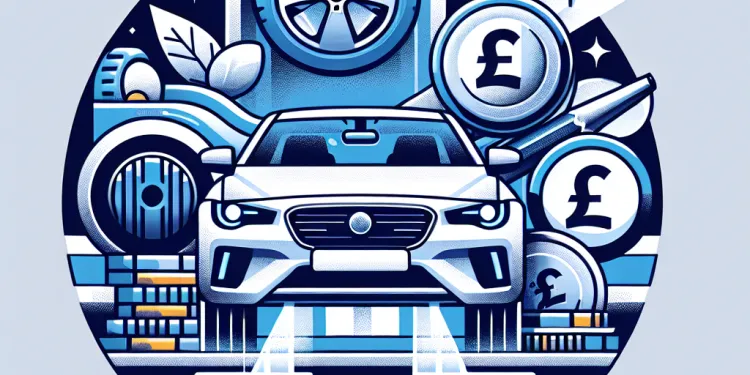
Can I modify a car I'm leasing or financing?
Relevance: 71%
-
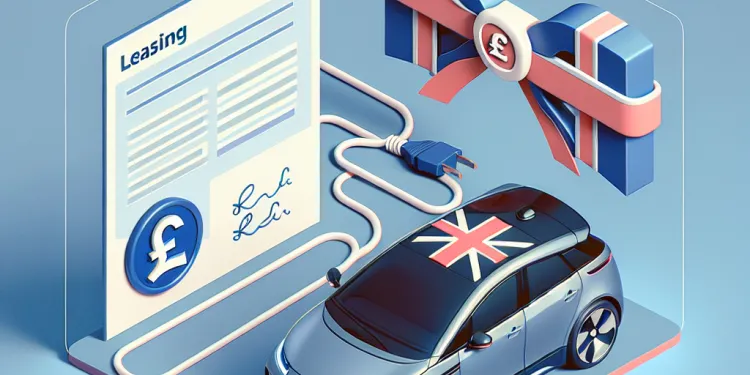
Is the Plug-in Car Grant available for leased vehicles?
Relevance: 68%
-
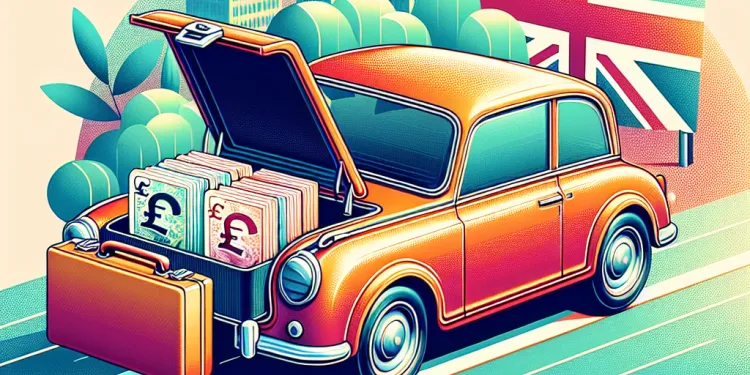
Does buying a car with cash have advantages?
Relevance: 60%
-
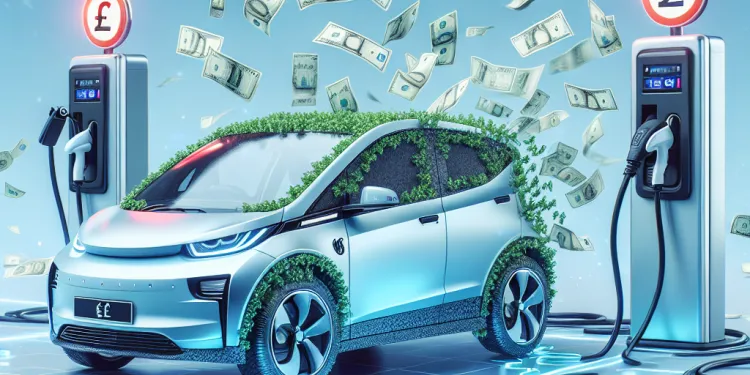
Are there any grants in the UK to help me buy an electric car?
Relevance: 59%
-
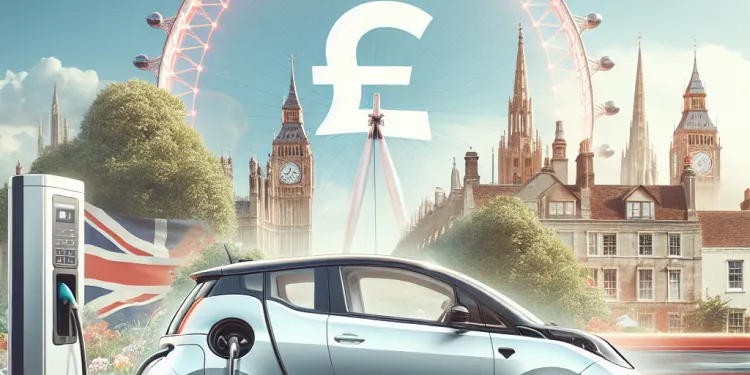
Can I buy a Nissan electric vehicle in the UK?
Relevance: 54%
-
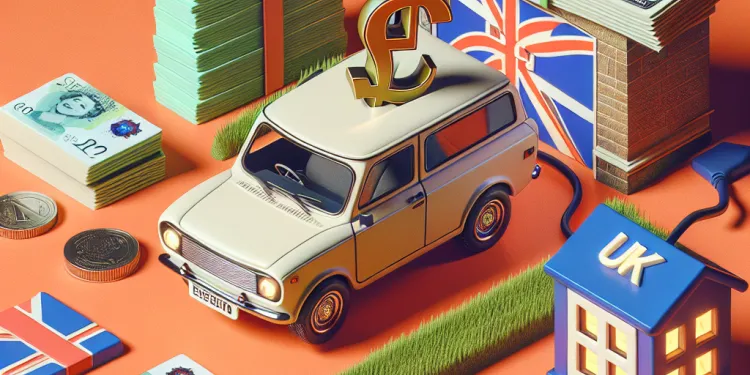
What should I consider when buying an electric car regarding grants?
Relevance: 52%
-
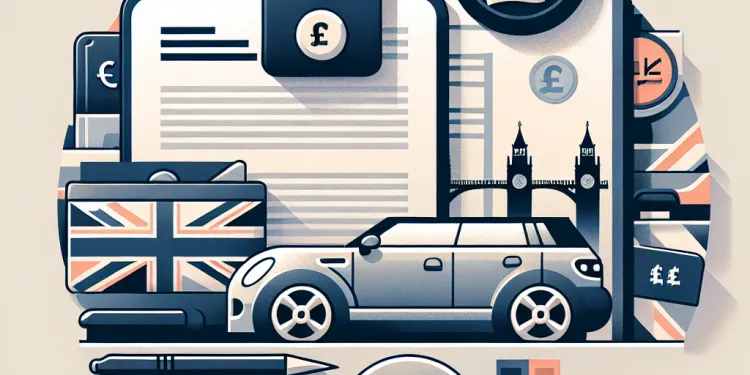
What's typically included in a car lease agreement in the UK?
Relevance: 51%
-
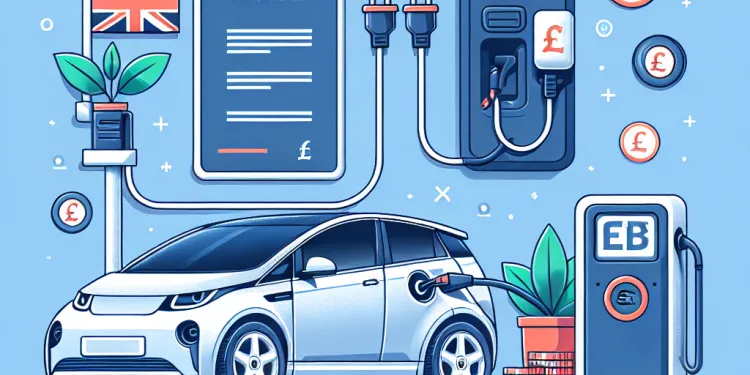
Is the EV grant available for leased vehicles?
Relevance: 48%
-
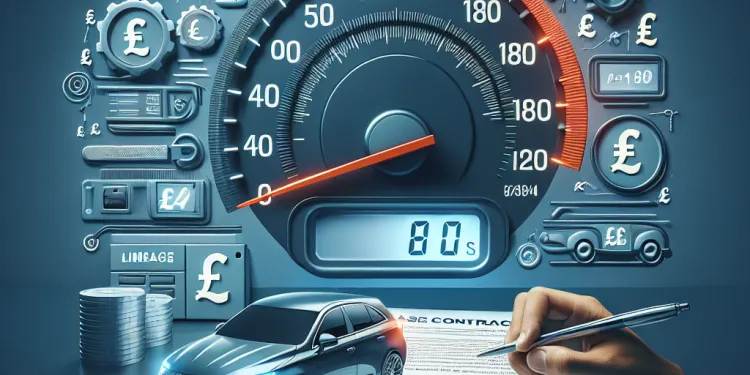
What happens if I exceed the mileage limit on a lease?
Relevance: 46%
-
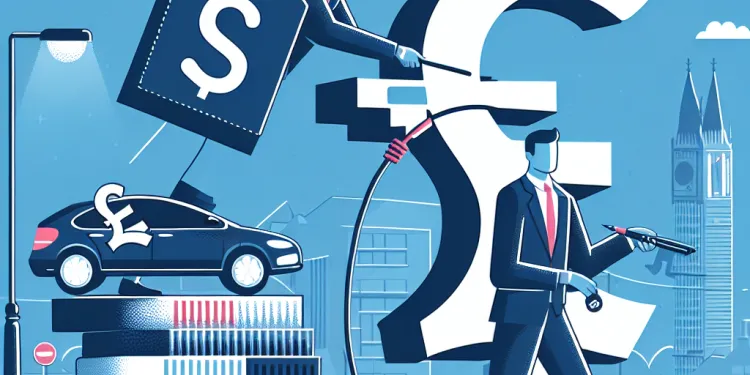
Is it possible to negotiate a better price on a lease?
Relevance: 46%
-
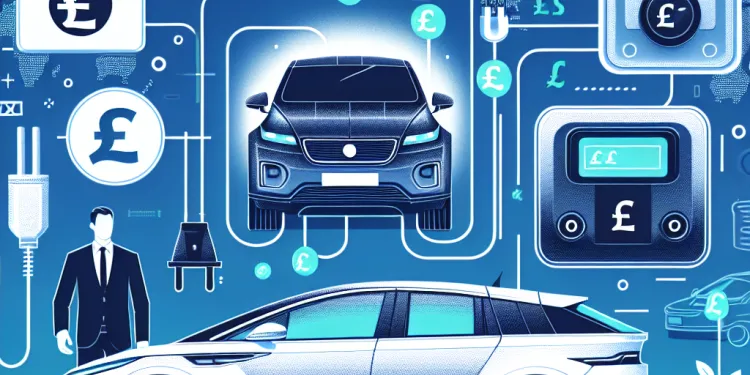
How do I apply for the Plug-in Car Grant?
Relevance: 45%
-
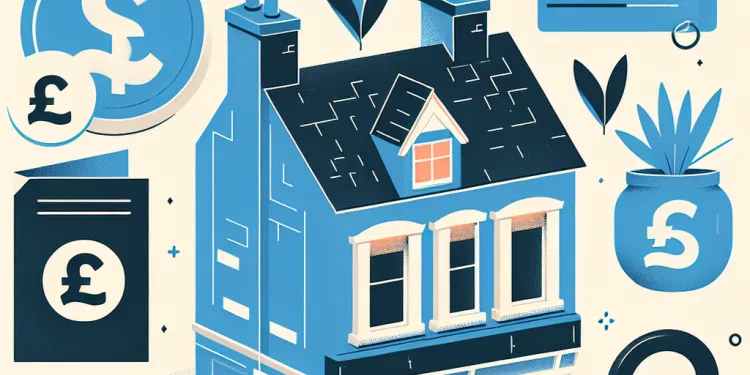
Can I end a lease agreement early?
Relevance: 41%
-
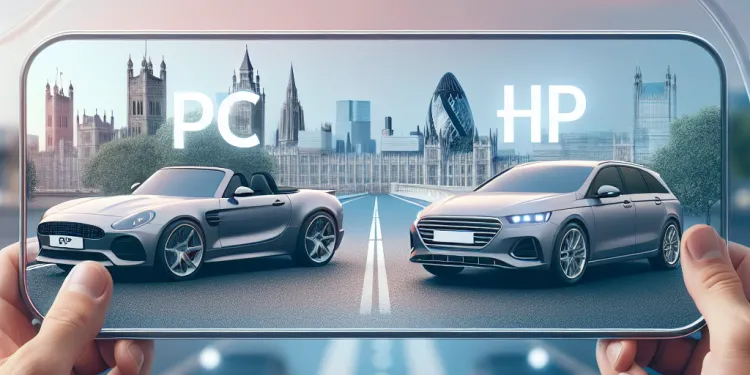
What is the difference between PCP and HP when buying a car in the UK?
Relevance: 40%
-
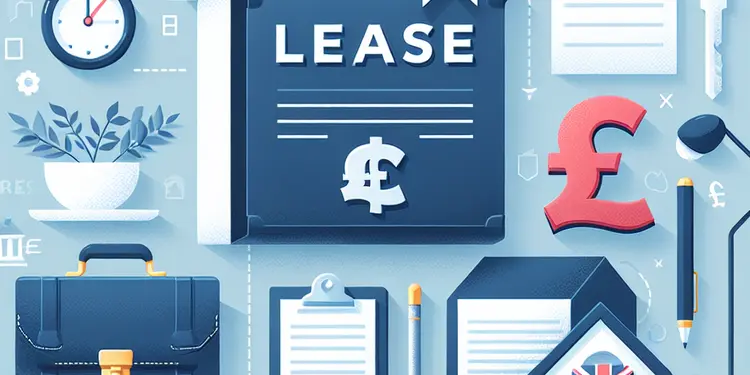
How can a property litigator assist in lease disputes?
Relevance: 40%
-
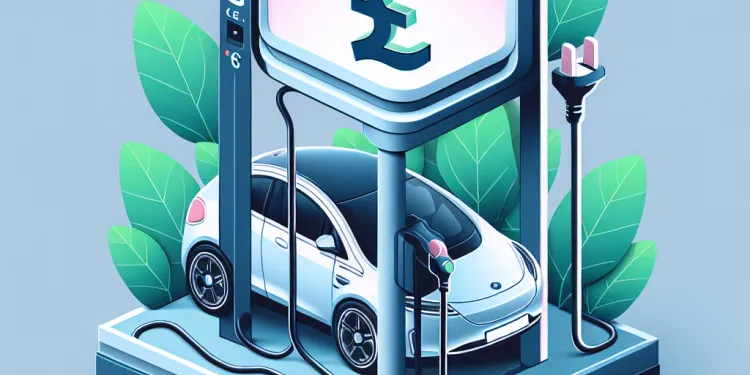
Are there any conditions to qualify for the Plug-in Car Grant?
Relevance: 39%
-
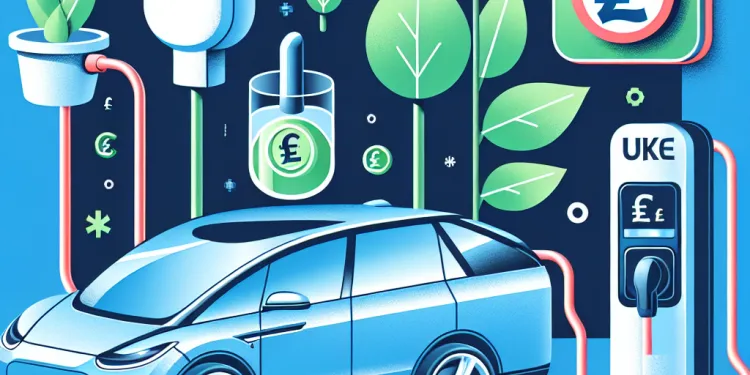
What is the UK Plug-in Car Grant?
Relevance: 38%
-
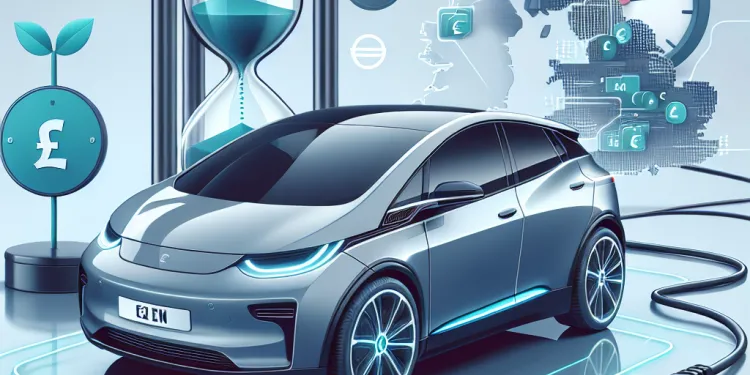
Is there a deadline for the Plug-in Car Grant?
Relevance: 38%
-

Why is understanding the terms of car finance important?
Relevance: 38%
-

Does Volvo sell electric cars in the UK?
Relevance: 38%
-
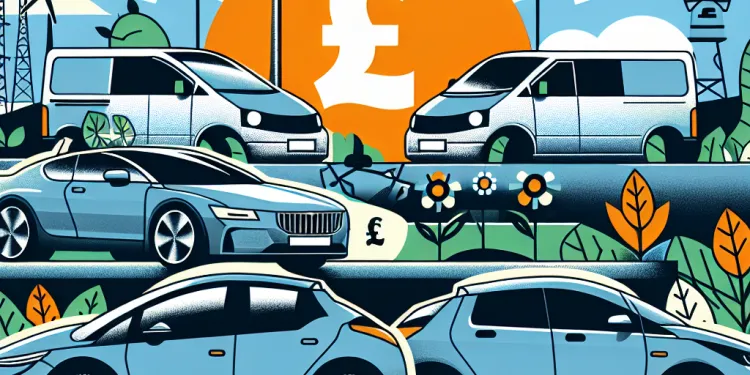
Do the grants cover used electric cars?
Relevance: 37%
-
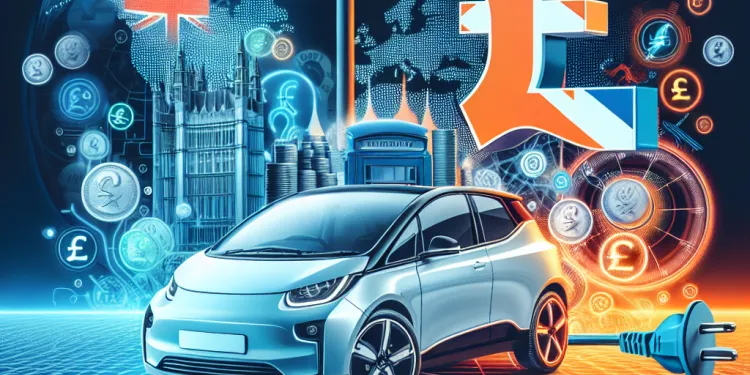
Does Kia sell electric cars in the UK?
Relevance: 36%
-
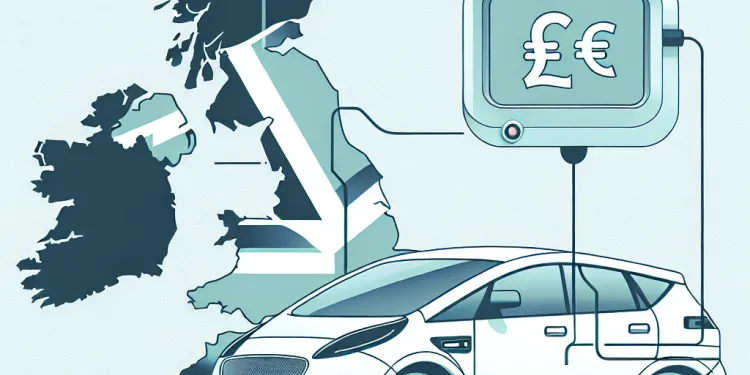
What grants are available in the UK for electric car purchase?
Relevance: 36%
-
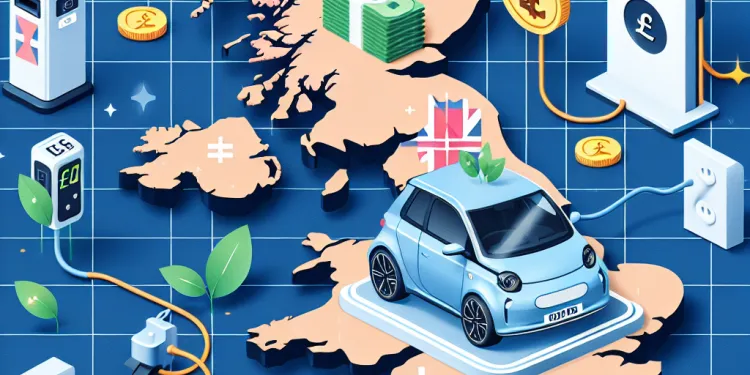
Are there tax benefits for owning an electric car?
Relevance: 36%
-
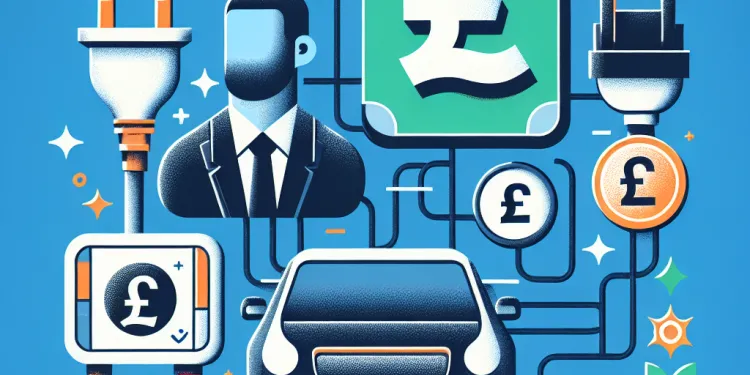
Can I apply for the Plug-in Car Grant directly?
Relevance: 36%
-

Can businesses apply for the Plug-in Car Grant?
Relevance: 36%
-
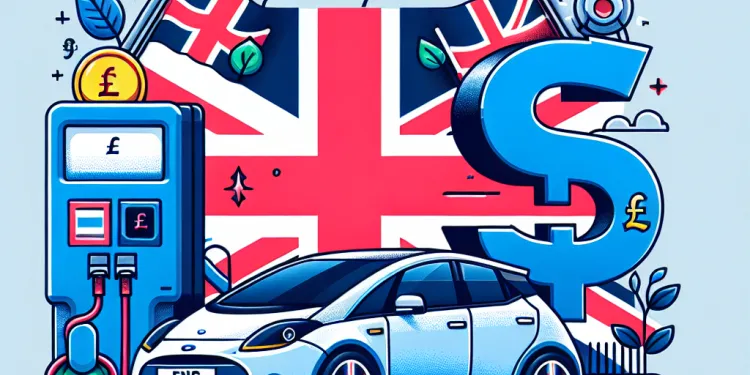
How much is the Plug-in Car Grant worth?
Relevance: 36%
-
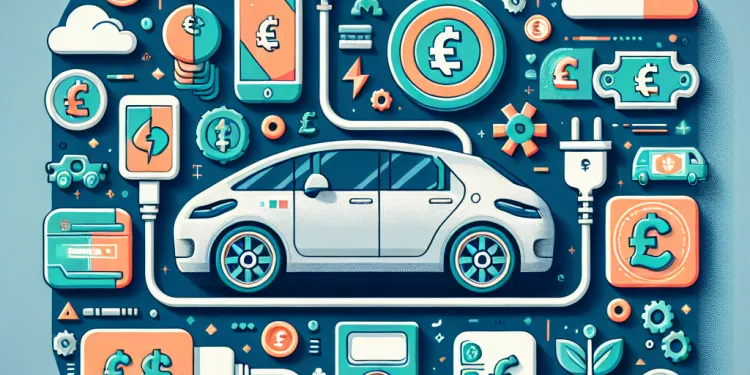
Can I combine the Plug-in Car Grant with other incentives?
Relevance: 35%
-
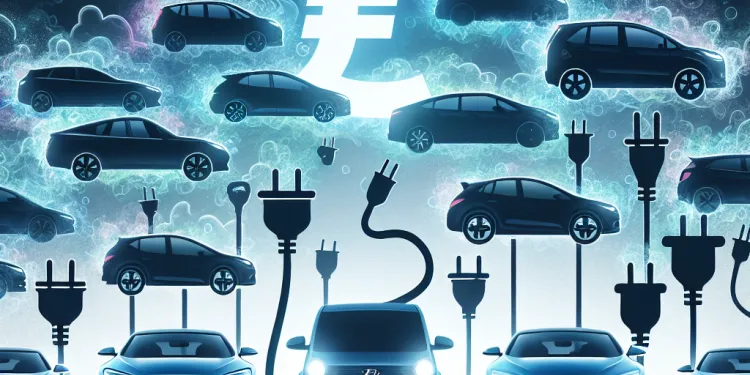
What electric cars does Hyundai offer in the UK?
Relevance: 35%
-

How can I check if I was mis-sold car finance?
Relevance: 35%
-
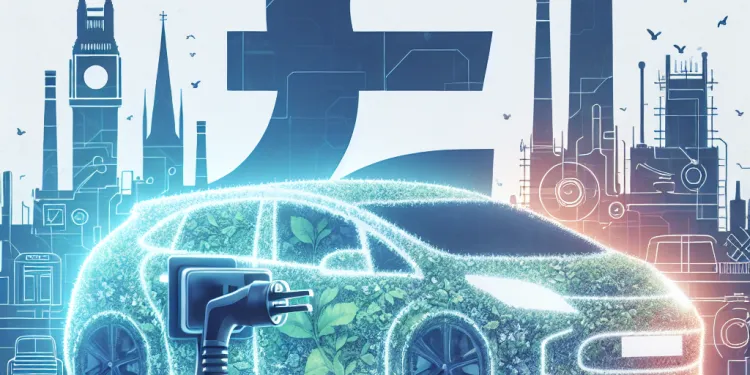
How much is the Plug-in Car Grant worth?
Relevance: 35%
-

What should I look for in my car finance agreement?
Relevance: 35%
-
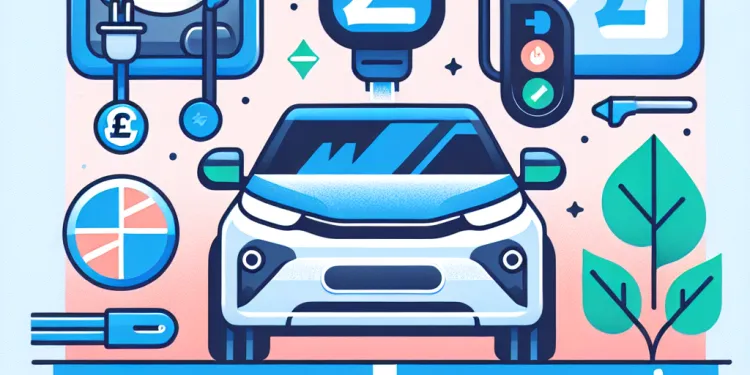
How long will the Plug-in Car Grant be available?
Relevance: 34%
-

Are all car finance products potentially subject to mis-selling?
Relevance: 34%
-

Does the Plug-in Car Grant apply to commercial vehicles?
Relevance: 34%
-
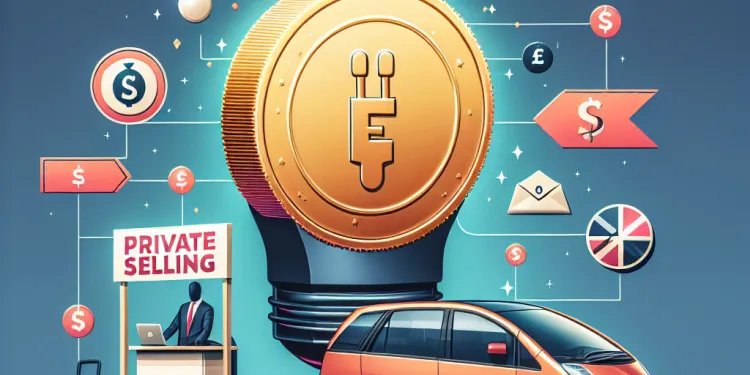
Can private sellers offer the Plug-in Car Grant?
Relevance: 34%
Leasing vs Buying a Car: The Ultimate Guide for UK Drivers
Understanding the Basics: Leasing vs Buying
When you're looking to get a new car in the UK, one of the key decisions you’ll face is whether to lease or buy. Leasing a car involves paying a monthly fee to use a vehicle for a set period, usually between two to four years. At the end of the lease term, you return the car. Buying, on the other hand, involves taking out a loan or paying cash upfront to own the vehicle outright. Each option has its pros and cons, and your choice will depend on your financial situation, lifestyle, and vehicle preferences.
The Financial Breakdown: Costs and Payments
Leasing typically involves lower monthly payments compared to buying on finance, mainly because you're only covering the car's depreciation during the lease period. However, leasing doesn’t build equity since you won't own the vehicle. In contrast, buying means higher monthly payments if you're financing, but you will eventually own the car outright. This can be more cost-effective in the long run if you plan to keep the car for an extended period. Remember, with leasing, you might also face additional costs such as mileage overage fees and wear-and-tear charges.
Flexibility and Commitment
Leasing offers flexibility as you can drive a new car every few years without the hassle of selling it. This can appeal to those who prefer having the latest models or don't want the responsibility of owning a car long-term. However, leases come with mileage limits, typically between 8,000 to 10,000 miles annually, and you’ll face penalties for exceeding these limits. Buying gives you the freedom to drive as much as you like, modify the vehicle, and sell it whenever you choose. Ownership is perfect for those who want to keep a car for many years and appreciate long-term savings.
Making the Right Choice
Your decision to lease or buy should consider your financial situation, driving habits, and personal preferences. If you value driving a new car every few years and don't mind not owning it, leasing could be ideal. Alternatively, if you drive a lot, prefer long-term savings, and want the independence of ownership, buying might be better. Before deciding, carefully evaluate your budget, and consider any future lifestyle changes that might affect your needs. Consult with financial advisors or car consultants to ensure you're making a well-informed choice that aligns with your circumstances.
Leasing vs Buying a Car: A Simple Guide for UK Drivers
What Does Leasing and Buying a Car Mean?
If you want a new car in the UK, you need to decide whether to lease or buy it. Leasing means you pay money each month to use the car for a few years, usually between two and four. When the lease ends, you give the car back. Buying a car means you pay for the car all at once or take a loan to pay for it. Then, the car is yours. Both options have good and bad points. Your choice depends on your money, how you live, and what kind of car you like.
Money Matters: What Will It Cost?
When you lease a car, you usually pay less each month than if you buy one with a loan. This is because you are only paying for the car's use, not to own it. But with leasing, you do not own the car at the end. Buying a car is more expensive each month if you use a loan, but after you finish paying, the car is yours. Owning a car can save you money later if you keep the car for a long time. Be careful with leasing, as you might have to pay extra if you drive too much or the car gets damaged.
Choices and How Long You Keep the Car
Leasing means you can have a new car every few years. This is great if you like driving the latest models or don’t want to own a car for a long time. But, when you lease, you cannot drive more than a certain number of miles each year, like 8,000 to 10,000 miles, or you pay more. Buying a car lets you drive as much as you want. You can also change the car how you like and sell it whenever you want. Owning a car is good if you want to keep it for a long time and save money down the road.
Choosing What’s Best for You
Think about your money, how much you drive, and what you like before choosing to lease or buy. If you like new cars often and are okay with not owning the car, leasing might be right for you. If you drive a lot, want to save money over time, and like the freedom of owning, buying could be better. Check your budget and think about any big changes that might come. You can also talk to money experts or car advisors to help you make the best decision for you.
Frequently Asked Questions
What are the main differences between leasing and buying a car?
Leasing a car typically involves lower monthly payments compared to buying a car. When you lease, you're essentially renting the car for a set period, after which you return it to the dealer. Buying a car means you'll own the vehicle outright once all payments are completed, but monthly payments are generally higher than leasing.
Is it cheaper to lease a car than to buy one?
Initially, leasing a car can be cheaper because the monthly payments are generally lower. However, over the long term, buying a car can be more cost-effective if you keep the car for several years after it's paid off.
What are the benefits of leasing a car?
Leasing allows you to drive a new car every few years, often includes maintenance in the lease agreement, and generally requires a lower upfront payment. It's also appealing if you prefer driving the latest model with advanced technology.
What are the disadvantages of leasing a car?
Leasing comes with mileage limits and you may incur fees for excess use. You don't own the vehicle at the end, which means no trade-in value, and terminating a lease early can be expensive.
What are the advantages of buying a car?
Once it's paid off, a car becomes an asset. You have no mileage restrictions, can customise it as you wish, and it can be sold or traded in at any time. Buying is generally a better long-term financial decision if you plan to keep the car for a significant period.
What are the downsides to buying a car?
Buying requires a larger initial payment and higher monthly payments compared to leasing. Cars depreciate quickly, meaning they lose value rapidly in the first few years. Maintenance costs can also increase as the car ages.
How does car depreciation affect leasing and buying?
In leasing, you're typically protected from depreciation because the leasing company assumes that risk. When buying, the car's depreciation affects its resale value, which can be a financial disadvantage if you sell soon after purchase.
Can I lease a used car in the UK?
Yes, it is possible to lease a used car in the UK. Leasing a used car can be more affordable than leasing a new one, although it may lack the latest features and technology.
Is it possible to buy the car at the end of a lease?
Yes, many lease agreements offer a purchase option, where you can buy the leased car at a predetermined price at the end of the lease term.
What happens at the end of a car lease?
At the end of a car lease, you have a few options: you can return the car to the dealership, lease a new vehicle, or purchase the car if the lease agreement allows it.
How do mileage limits work with a leased car?
Leases typically come with mileage limits, often ranging from 8,000 to 15,000 miles per year. Exceeding these limits can incur additional fees. It's important to estimate your annual mileage accurately before leasing.
Can I end a car lease early?
Yes, but it can be expensive to terminate a lease early. You'll often have to pay early termination fees and possibly the remainder of the lease payments.
What types of people is leasing well-suited for?
Leasing is ideal for people who like driving new cars regularly, those who don't drive excessively and can stay within mileage limits, and individuals who want lower monthly payments.
What types of people might benefit more from buying a car?
People who drive a lot, want to own their vehicle as an asset, prefer no mileage restrictions, and plan to keep a car long-term would benefit from buying.
How do market conditions in the UK affect the decision to lease or buy a car?
In the UK, factors such as interest rates, vehicle depreciation rates, and availability of car finance deals can impact whether leasing or buying is more advantageous at any given time. It's wise to consider these economic factors when making a decision.
What is different between leasing and buying a car?
Leasing a Car: When you lease a car, you pay to use it for a short time, like 2 or 3 years. It's like renting. You don't own the car, so you must give it back at the end.
Buying a Car: When you buy a car, it's yours. You pay for it with money or a loan from the bank. You can keep it as long as you want.
Help Tips: It can help to use pictures to see the difference. You can also ask someone to read with you. Writing notes or drawing can make it easier to understand.
Leasing a car is kind of like renting it. Usually, you pay less money each month when you lease. After some time, you give the car back to the dealer. Buying a car is different. When you buy, you pay money every month, and when you are done paying, the car is yours to keep. But, the money you pay each month is usually more than when you lease.
If reading is hard, try using audiobooks or asking someone to read with you. Highlighting important parts can also help. Using a finger or a ruler to follow along can make reading easier, too.
Is it cheaper to rent a car or buy one?
When you rent a car, you pay to use it for a little while. When you buy a car, you pay to own it. Let's see which one can save you money.
- Renting: You pay less each month and you give the car back after some time.
- Buying: You pay more each month, but you keep the car forever.
Think about:
- How long you will use the car.
- How much you want to pay each month.
- What happens when you give the car back.
Here are some tools that might help:
- A calculator to see how much you will pay each way.
- Ask a friend or family member for their advice.
At first, renting a car costs less each month. But, if you buy a car and keep it for a long time, it can save you money. This is because you won't have to make payments once it's fully paid for.
Why is leasing a car a good idea?
Leasing a car can be a good choice. Here are some reasons why:
- You can drive a new car every few years.
- Monthly payments are usually lower than buying a car.
- You do not have to worry about selling the car later.
- The car usually has warranty coverage, so repairs can be cheaper.
To understand more, you can:
- Talk with someone who knows about cars.
- Use a car leasing calculator online.
- Read simple guides or watch videos about car leasing.
Leasing a car means you can get a new car every few years. This is fun if you like having the newest cars. When you lease a car, the company often helps if something goes wrong with the car. You usually pay less money at the start when you lease. Leasing is good if you want the newest car with cool new gadgets.
What are the bad things about renting a car?
When you lease a car, you can only drive a certain number of miles. If you drive more than that, you might have to pay extra money. At the end of the lease, you don't get to keep the car, so you can't trade it in for a new one. If you want to end the lease early, it can cost a lot of money.
Why is buying a car good?
When you finish paying for a car, it is yours. You can drive as much as you want. You can change things on it to make it just the way you like. You can also sell or swap it anytime. If you want to keep the car for a long time, buying is usually a smart way to save money.
What are the bad things about buying a car?
Buying a car can be good, but there are some bad things too. Here are some:
- Cost: Cars cost a lot of money. You might need to save up for a long time.
- Repairs: Cars can break down. Fixing them can be expensive.
- Insurance: You must pay for car insurance. This can be a lot of money every year.
- Fuel: Cars need fuel to run. You have to pay for this too.
- Parking: Finding a place to park can be hard. Some places charge money for parking.
If reading is hard, try these tips:
- Ask a friend or family member to read with you.
- Use a ruler or your finger to follow each line.
- Look at pictures of cars to understand better.
When you buy a car, you pay more money at the start, and your monthly payments are bigger than if you lease. Cars lose value fast in the first few years. As the car gets older, it costs more to take care of it.
- Use pictures to help understand these points.
- Try using a calculator to see how much money you might pay.
What is car depreciation and how does it affect leasing or buying a car?
When you have a car, it loses value over time. This is called depreciation. It means your car is worth less money as time goes on.
This is important when you lease or buy a car. Let's see how:
Leasing a Car:
- You pay to use the car for a short time, like 2 or 3 years.
- You do not own the car.
- The car losing value, or depreciating, is part of the cost you pay.
Buying a Car:
- You pay to own the car.
- As the car gets older, it loses value.
- When you want to sell the car later, it will be worth less.
Tips:
- When leasing, find out about the car's depreciation to know what you are paying for.
- When buying, think about how much the car will be worth in the future.
To understand better, ask someone for help or use a calculator online to see how depreciation works.
Leasing a car means you don't have to worry about the car losing value over time. The leasing company takes care of that. But when you buy a car, it can lose value quickly, which might be a problem if you want to sell it soon.
Here are some tips to help make this easier:
- Use simple lists to keep important points clear.
- Break down difficult words. 'Depreciation' means 'losing value'.
- You can use text-to-speech tools to listen to the words.
Can I rent an old car in the UK?
Yes, you can rent an old car in the UK. Renting an old car means you use it for a short time and then give it back.
Helpful Tips:
- Ask someone you trust to help you read the agreement.
- Use pictures or apps to understand more.
- Break information into small, easy parts.
Yes, you can lease a used car in the UK. Leasing a used car can cost less than leasing a new car. But a used car might not have the newest features or technology.
Can you buy the car when the lease ends?
Yes, you can buy the car when the lease ends. This is called a "buyout." You pay money to own the car.
You can ask the car dealer if you want to know how much it costs.
If you need help, you can use tools like a calculator or ask someone you trust.
Yes, many times when you lease (borrow) a car, you can choose to buy it when the lease is over. The price you pay is decided before the lease ends.
What happens when a car lease ends?
Here is what you can do:
- Give the car back.
- Buy the car.
- Get a new lease.
Ask for help if confused. Use pictures or videos to understand better.
When your car lease ends, you have three choices:
1. Give the car back to the dealership.
2. Lease a new car.
3. Buy the car if your lease says you can.
How does a mileage limit work for a rented car?
When you rent a car, you can only drive it a certain number of miles.
If you drive too many miles, you might have to pay extra money.
It's important to know the mileage limit before you rent the car.
You can use a notebook or a phone app to track how many miles you drive.
A car lease usually has a limit on how much you can drive each year. This is often between 8,000 and 15,000 miles. If you drive more than this, you might have to pay extra money. Before you lease a car, try to guess how much you will drive each year.
Can I stop my car lease early?
Yes, you can stop your car lease early, but it might cost money. It's important to check what your lease says.
Here are some things you can do:
- Talk to the company you leased the car from. They can tell you your options.
- Read your lease for any fees or rules about ending early.
- Think about trading your lease for someone else to take over.
If reading is hard, you can use tools that read text out loud or highlight words as you read.
Yes, you can end a lease early, but it might cost a lot of money. You may have to pay a special fee for ending the lease early and sometimes pay what you still owe on the lease.
Who is leasing good for?
Leasing is good for people who like driving new cars often. It's also good for people who don’t drive too much and can keep under their mileage limits. Leasing is great if you want lower monthly bills.
Who might find it better to buy a car?
Here is a simpler way to think about who might need a car:
- People who travel a lot.
- People who live far from buses or trains.
- Families who need space for lots of things.
Support tips:
- Ask someone to read the information with you.
- Use a picture chart to understand better.
- Write down questions you have and ask for help.
If you drive a lot, like to own your car, don't want any limits on how much you drive, and want to keep your car for a long time, buying a car is a good idea.
How do things in the UK change if you should rent or buy a car?
Here is what to think about:
- Money Costs: Check if it's cheaper to rent or buy.
- Rules and Changes: Are there new rules about cars?
- Car Worth: Do cars lose value fast?
- Gas Prices: Is gas getting more expensive?
You can ask an adult or use a calculator for help.
In the UK, things like interest rates, how quickly a car loses value, and car finance deals can affect if it's better to lease or buy a car. It's a good idea to think about these things before you decide.
Useful Links
This website offers general information and is not a substitute for professional advice.
Always seek guidance from qualified professionals.
If you have any medical concerns or need urgent help, contact a healthcare professional or emergency services immediately.
Some of this content was generated with AI assistance. We’ve done our best to keep it accurate, helpful, and human-friendly.
- Ergsy carfully checks the information in the videos we provide here.
- Videos shown by Youtube after a video has completed, have NOT been reviewed by ERGSY.
- To view, click the arrow in centre of video.
- Most of the videos you find here will have subtitles and/or closed captions available.
- You may need to turn these on, and choose your preferred language.
- Go to the video you'd like to watch.
- If closed captions (CC) are available, settings will be visible on the bottom right of the video player.
- To turn on Captions, click settings .
- To turn off Captions, click settings again.
More Items From Ergsy search
-

Leasing VS Buying a Car: Watch this before you buy a car and make the wrong choice!
Relevance: 100%
-

How to Buy a Car UK | Pros and Cons | PCP vs HP vs Leasing
Relevance: 92%
-

What are the pros and cons of leasing a car?
Relevance: 83%
-

What does leasing a car entail in the UK?
Relevance: 75%
-

How does leasing compare financially to financing a car?
Relevance: 72%
-

Can I modify a car I'm leasing or financing?
Relevance: 71%
-

Is the Plug-in Car Grant available for leased vehicles?
Relevance: 68%
-

Does buying a car with cash have advantages?
Relevance: 60%
-

Are there any grants in the UK to help me buy an electric car?
Relevance: 59%
-

Can I buy a Nissan electric vehicle in the UK?
Relevance: 54%
-

What should I consider when buying an electric car regarding grants?
Relevance: 52%
-

What's typically included in a car lease agreement in the UK?
Relevance: 51%
-

Is the EV grant available for leased vehicles?
Relevance: 48%
-

What happens if I exceed the mileage limit on a lease?
Relevance: 46%
-

Is it possible to negotiate a better price on a lease?
Relevance: 46%
-

How do I apply for the Plug-in Car Grant?
Relevance: 45%
-

Can I end a lease agreement early?
Relevance: 41%
-

What is the difference between PCP and HP when buying a car in the UK?
Relevance: 40%
-

How can a property litigator assist in lease disputes?
Relevance: 40%
-

Are there any conditions to qualify for the Plug-in Car Grant?
Relevance: 39%
-

What is the UK Plug-in Car Grant?
Relevance: 38%
-

Is there a deadline for the Plug-in Car Grant?
Relevance: 38%
-

Why is understanding the terms of car finance important?
Relevance: 38%
-

Does Volvo sell electric cars in the UK?
Relevance: 38%
-

Do the grants cover used electric cars?
Relevance: 37%
-

Does Kia sell electric cars in the UK?
Relevance: 36%
-

What grants are available in the UK for electric car purchase?
Relevance: 36%
-

Are there tax benefits for owning an electric car?
Relevance: 36%
-

Can I apply for the Plug-in Car Grant directly?
Relevance: 36%
-

Can businesses apply for the Plug-in Car Grant?
Relevance: 36%
-

How much is the Plug-in Car Grant worth?
Relevance: 36%
-

Can I combine the Plug-in Car Grant with other incentives?
Relevance: 35%
-

What electric cars does Hyundai offer in the UK?
Relevance: 35%
-

How can I check if I was mis-sold car finance?
Relevance: 35%
-

How much is the Plug-in Car Grant worth?
Relevance: 35%
-

What should I look for in my car finance agreement?
Relevance: 35%
-

How long will the Plug-in Car Grant be available?
Relevance: 34%
-

Are all car finance products potentially subject to mis-selling?
Relevance: 34%
-

Does the Plug-in Car Grant apply to commercial vehicles?
Relevance: 34%
-

Can private sellers offer the Plug-in Car Grant?
Relevance: 34%


